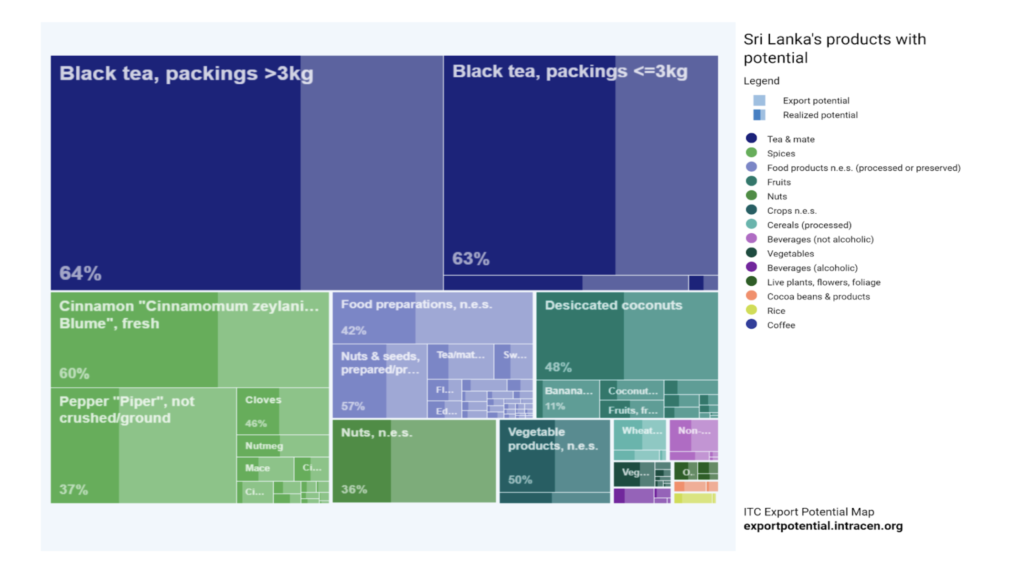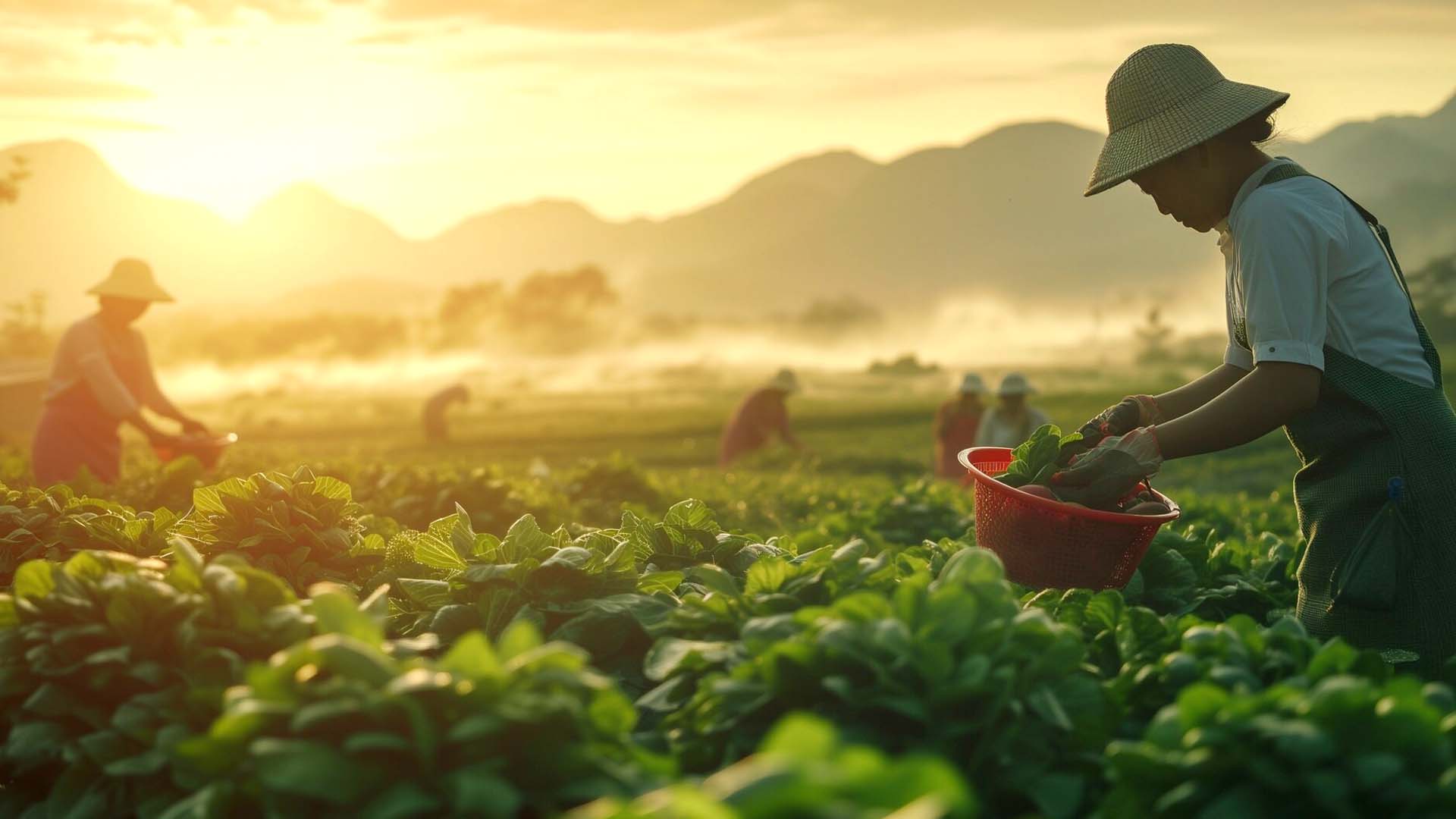
Sri Lanka’s agricultural sector has long been the backbone of its economy, supporting millions of livelihoods, ensuring food security, and contributing significantly to rural development. Despite its importance, there is still untapped potential that, if harnessed, could transform the nation’s economic landscape and improve the quality of life for countless Sri Lankans.
Where we stand today
Agriculture in Sri Lanka is built on the pillars of traditional crops like rice, tea, rubber, and coconut. Rice is the staple food, while tea has earned global recognition as a top export. The sector supports a large portion of the population and supplies essential raw materials for many domestic industries.
Yet, challenges such as inconsistent productivity, limited access to modern technology, climate change, and insufficient investment have held the sector back from achieving its true potential. This stagnation has affected both production levels and profitability, leaving room for improvement.
New opportunities through diversification and modern practices
One of the most promising paths forward is diversifying into high-value crops and export-oriented produce. Sub-sectors like horticulture, organic farming, aquaculture, and floriculture have significant potential to grow and meet global demand for specialty and sustainable products. With its fertile soil and favorable climate, Sri Lanka is well-positioned to expand the production of fruits, vegetables, spices, and herbs that are increasingly sought after in international markets.
Integrating modern agricultural technologies such as precision farming, drip irrigation, and data-driven solutions can improve yields, conserve water, and boost overall efficiency. Sustainable practices that protect soil health and the environment can align with the global push for eco-friendly farming.
Building the right infrastructure and policy framework
For Sri Lanka to fully unlock its agricultural potential, investments in rural infrastructure are critical. Better road networks, improved storage facilities, and cold chains can reduce post-harvest losses and help farmers access broader markets more effectively.
Policy reforms that encourage public-private partnerships and reduce bureaucratic obstacles are equally important. Simplifying access to credit, subsidies, and training programs can empower farmers. Collaborations among the government, private sector, and international stakeholders could also speed up technology transfer and foster innovation.
Tapping into export markets
Broadening the scope of agricultural exports is another key opportunity. While tea remains Sri Lanka’s flagship export, diversifying into organic produce, high-quality spices, medicinal herbs, and processed food products can drive higher foreign exchange earnings. Markets in Europe, the Middle East, and Asia are increasingly interested in organic and fair-trade agricultural goods, providing Sri Lanka with a golden chance to tap into these new segments.
Embracing technology and innovation
Technology can be a game-changer for Sri Lanka’s farmers. Blockchain can provide supply chain transparency, while AI-driven predictive analysis can help monitor crop health. Mobile platforms offering real-time market prices can empower farmers to make better financial decisions and connect directly with consumers, enhancing their profitability and market reach.
Challenges and the way forward
Unlocking the potential of Sri Lanka’s agricultural sector is not without its hurdles. Issues like land ownership, climate change, and the need for a skilled agricultural workforce must be addressed for sustainable growth.
Nonetheless, by investing in education, extension services, and technology transfer, Sri Lanka can pave the way for a brighter agricultural future. A long-term vision that prioritizes sustainability, economic diversification, and market expansion will be crucial.
Conclusion
Sri Lanka’s agricultural sector is at a pivotal moment, ready for a new chapter of growth. By leveraging its natural advantages, adopting strategic reforms, and embracing innovation, the country can unlock immense economic value. Investing in infrastructure, diversifying production, and implementing forward-thinking policies will not only enhance food security but also position Sri Lanka as a strong player in the global agricultural market.
RIUNIT stands ready to help realize these ambitions, offering support, expertise, and collaboration to empower the sector and drive sustainable progress.

